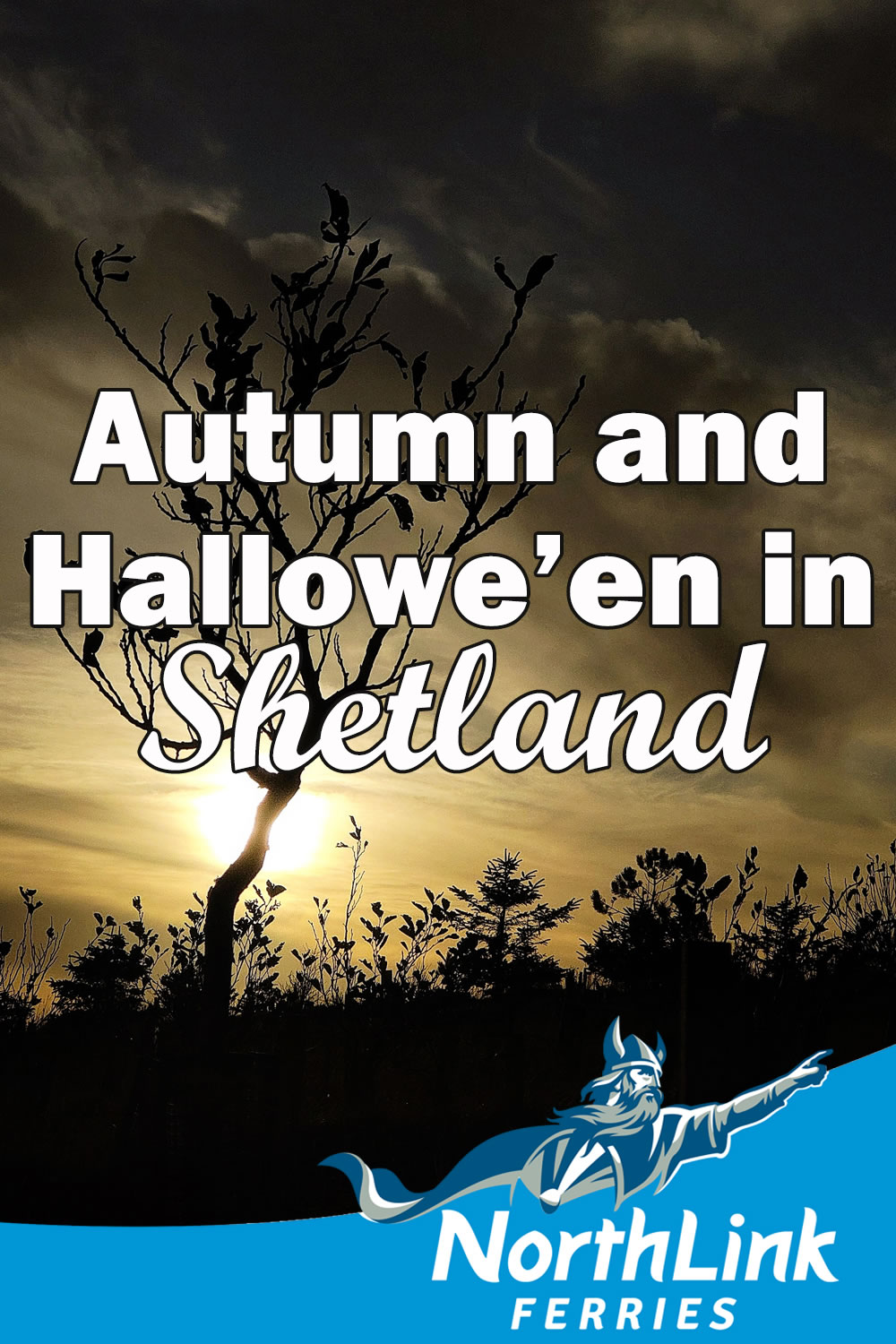Autumn and Hallowe’en in Shetland
There was barely a breath of wind as we walked towards the beach. Sea and stone were highlighted gold as the sun sunk closer to the horizon, its rays diffused by opaque cloud. Geese, startled by our arrival took off in noisy flight while a heron stood statue still by the water’s edge. With signs of autumn all around us, we began looking to see if the previous day’s storm had brought treasure ashore.
Trows are small troll-like beings who rumoured to live underground in the hills. Trows are particularly bold at Hallowe’en and may take additional liberties. Often folk would leave gifts to appease them and limit the harm they might cause.
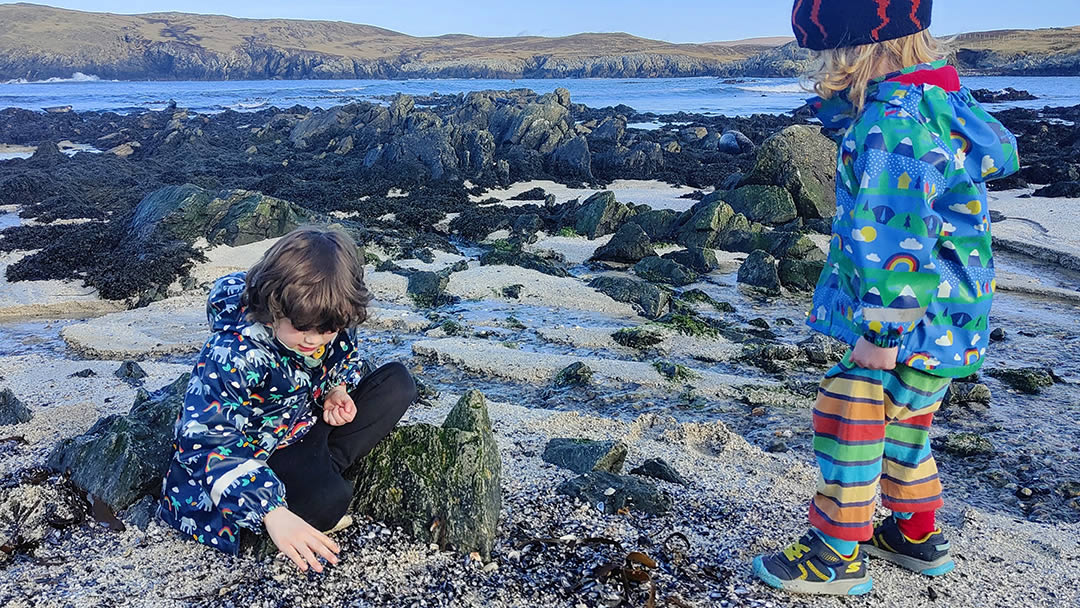
In Shetland folklore, summer arrives when Sea Mither, the bringer of fertility and fair weather defeats Teran, the entity who controls storms. As autumn approaches, Sea Mither tires and Teran once again begins to fight for control of the sea.
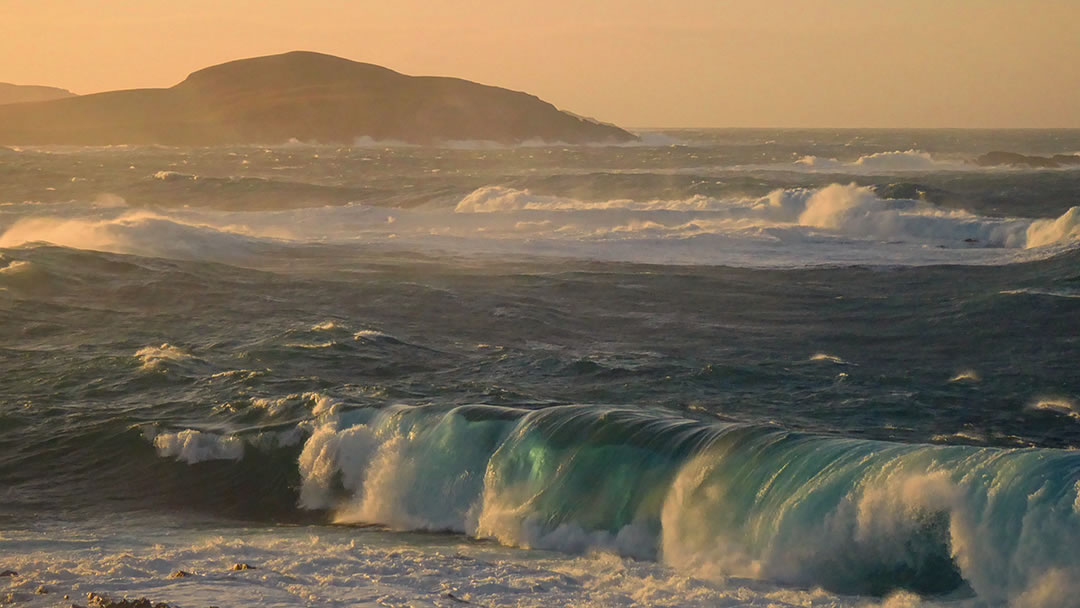
I love telling this story by the fireside as the first autumn storms batter the islands. While the wind howls around the house we imagine mythical battles taking place at sea.
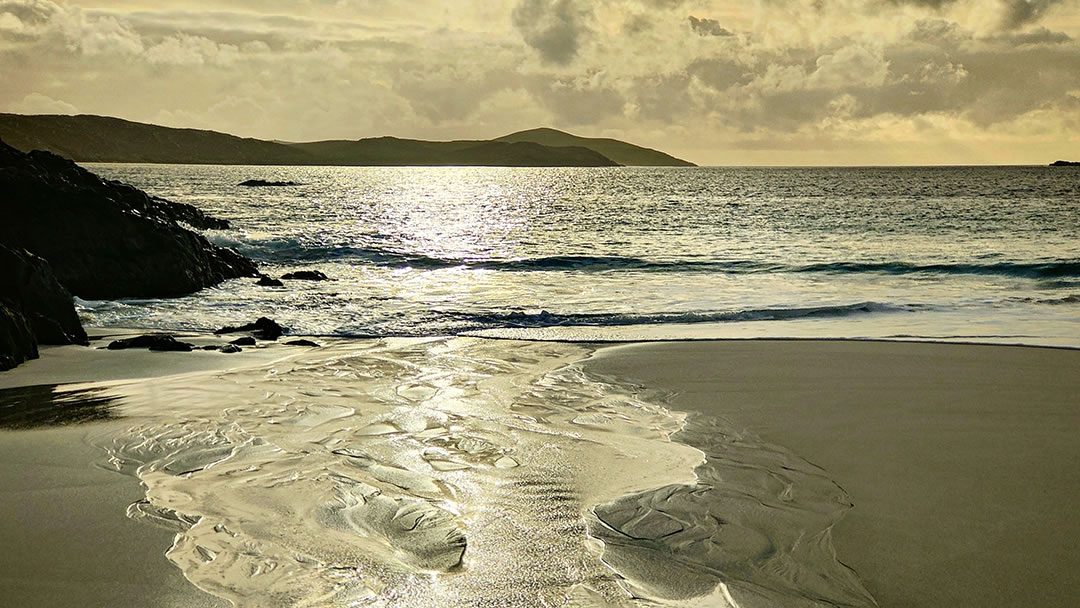
Living in Shetland is to live in a world of weather. Since moving here I have found the rhythms of my life adjusting more and more to the season. With few trees, the shifting tapestry of leaf colours which I had always associated with autumn are absent. Their place is taken by a changing quality of the light, red and gold shades spreading over the hill and mirrie dancers appearing as days get shorter.
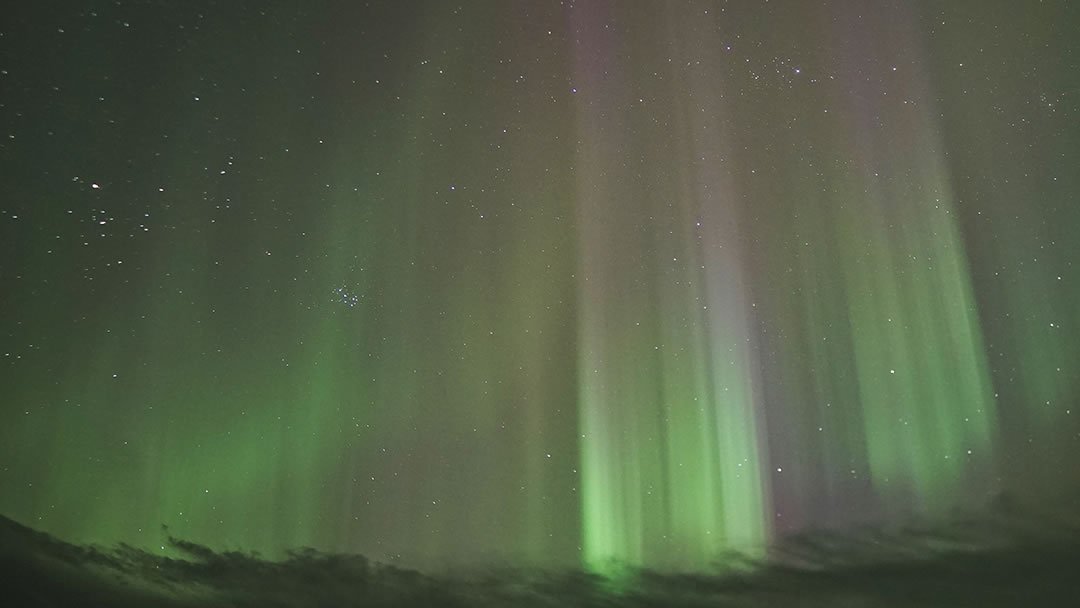
Story telling around the peat fire is a Shetland autumn and winter tradition and one I particularly enjoy. As we get closer to Hallowe’en, I find myself regularly recounting island folk tales to the bairns. The stories I choose are often inspired by the day’s activities.
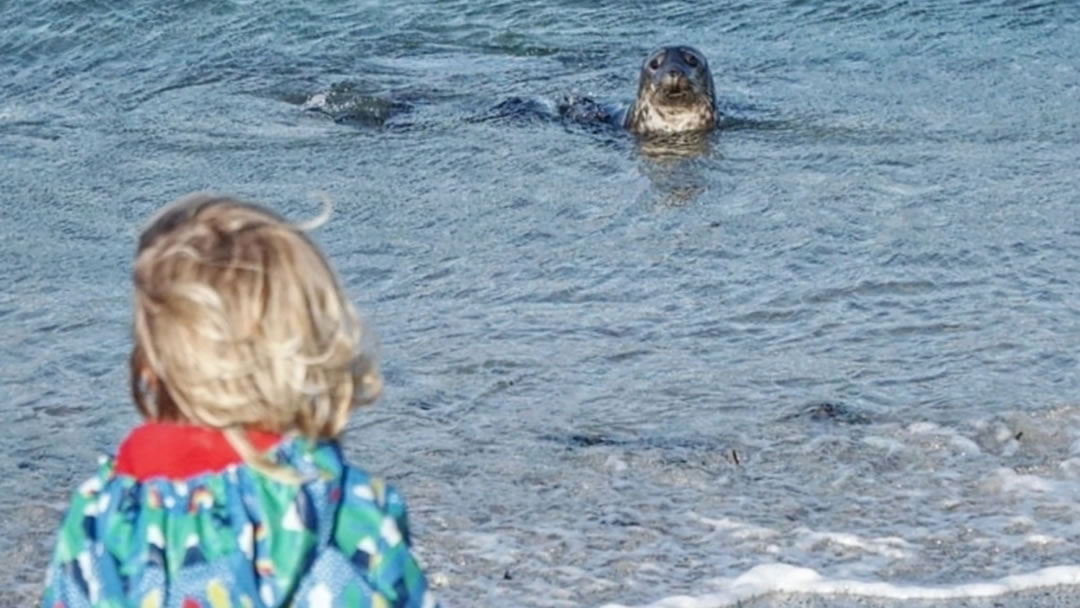
While we gathered shells, seaweed and pieces of seaglass, we watched seals swimming. Despite the stillness of the day, the water still had a slight swell. Seals flitted in between the waves while others lay stationary on the beach, raising their head occasionally to watch our activities.
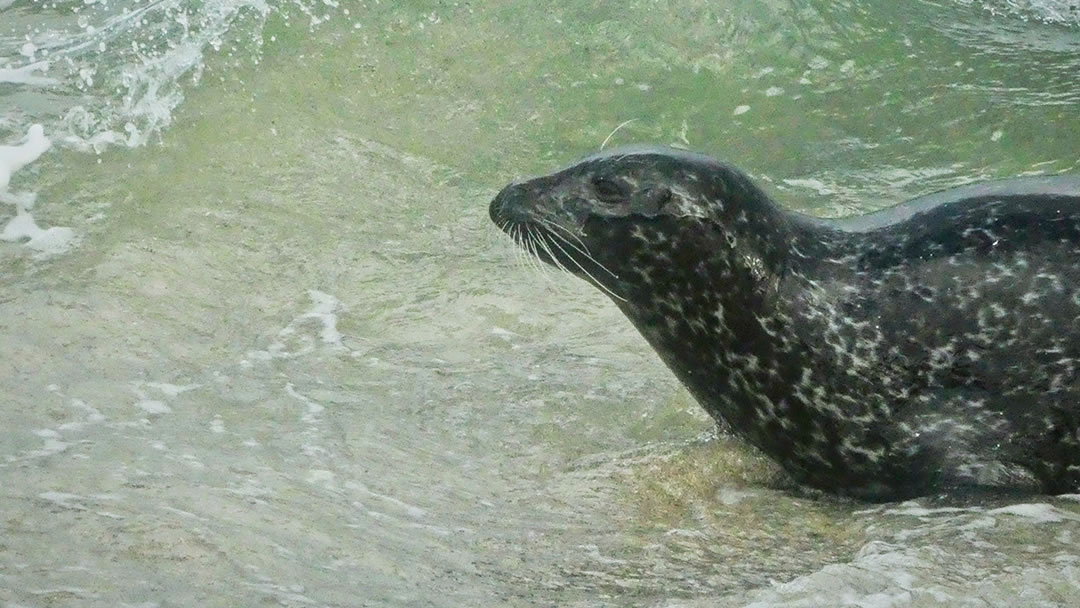
Sharing the landscape with seals is one of my favourite things about life in Shetland. In a place with so much coastline, you can pretty much see seals anywhere. They are curious and will often watch from the water, moving closer and sometimes following as you walk. There are several places where they haul out, and the closest beach to our house is one such place. The seals prefer one side of the beach so we always cross a small river to the other side. We are used to adjusting how we move to avoid disturbing them, the boys quickly quieting their games if a grunt or tail slap indicates they are getting too rambunctious.
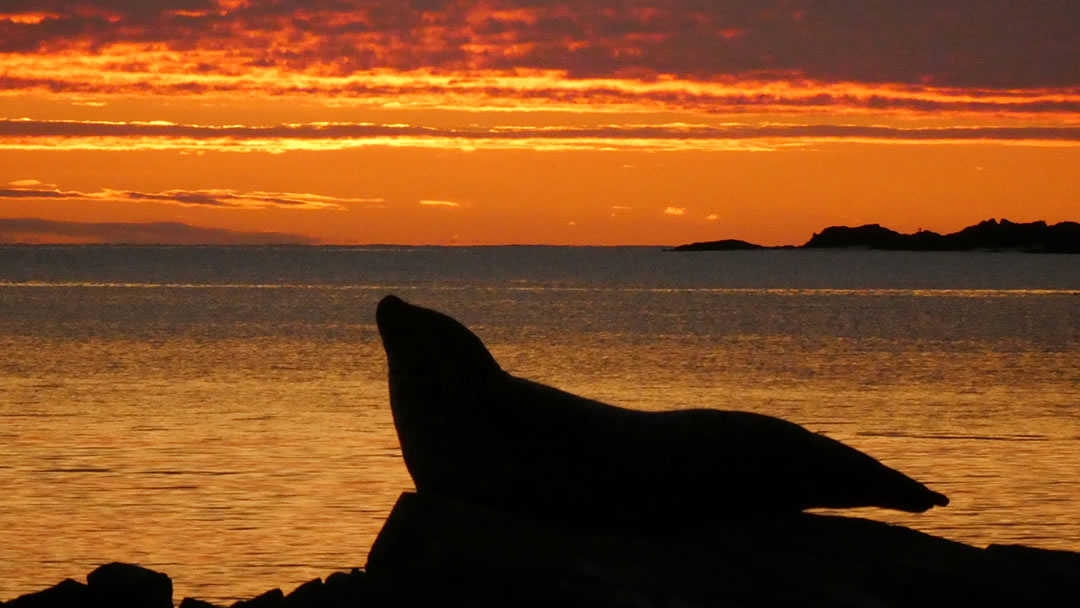
An otherworldly sound filled the air, notes rising and falling, almost like human voices but eerily different. Hearing sealsong always makes us pause. Finn, my younger boy started to sing along with them, voices of land and sea intertwining in the autumn air.
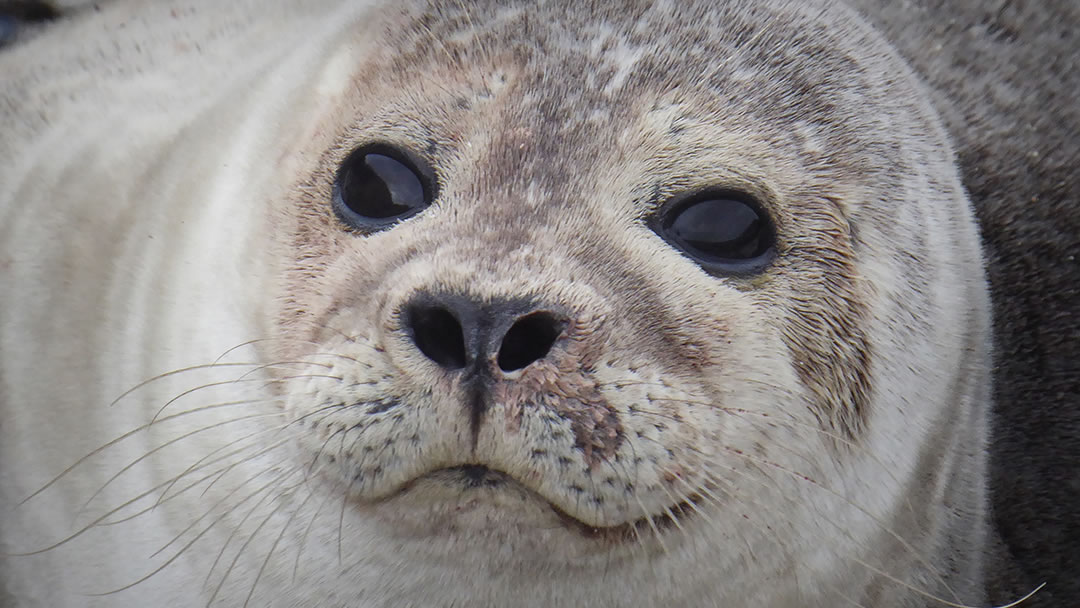
That evening, as darkness fell and I settled the kids down to sleep, I told them selkie stories. Of how, some evenings, on lonely beaches, seals come ashore, take off their seal skins and assume human form to dance. Selkie men may pose as shipwrecked sailors to entice a local woman to be his bride and return to the sea with him. Should a woman wish to attract the attention of a selkie, she must go the ebb to shed seven tears into the water.
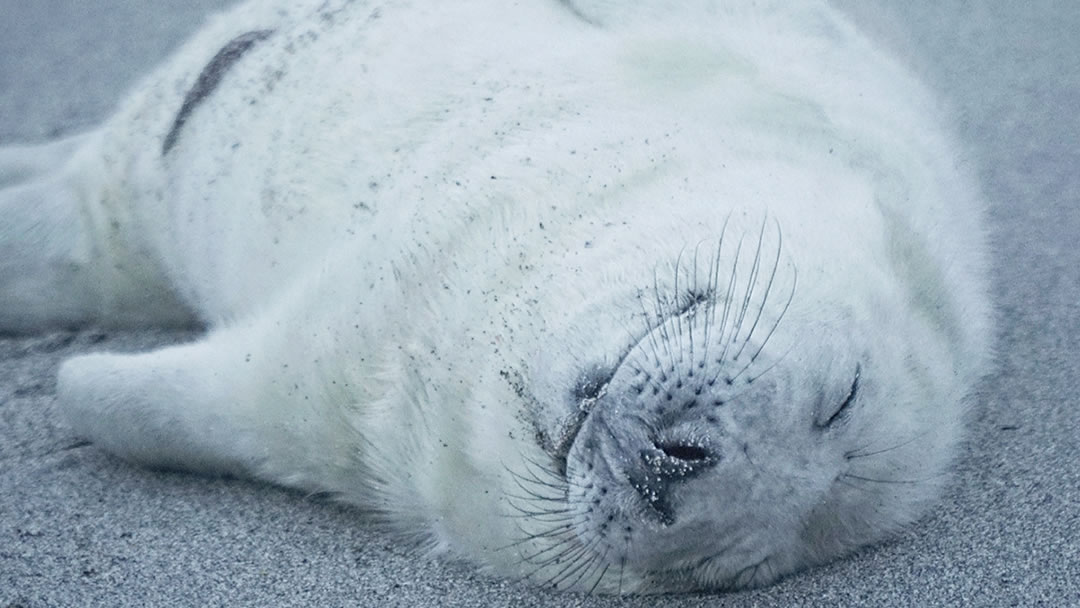
There are multiple variations of selkie stories with many Shetland ones referring to familiar places in the landscape. This, and the presence of everyday seals, with their curiosity and entrancing song, make these tales even more magical.
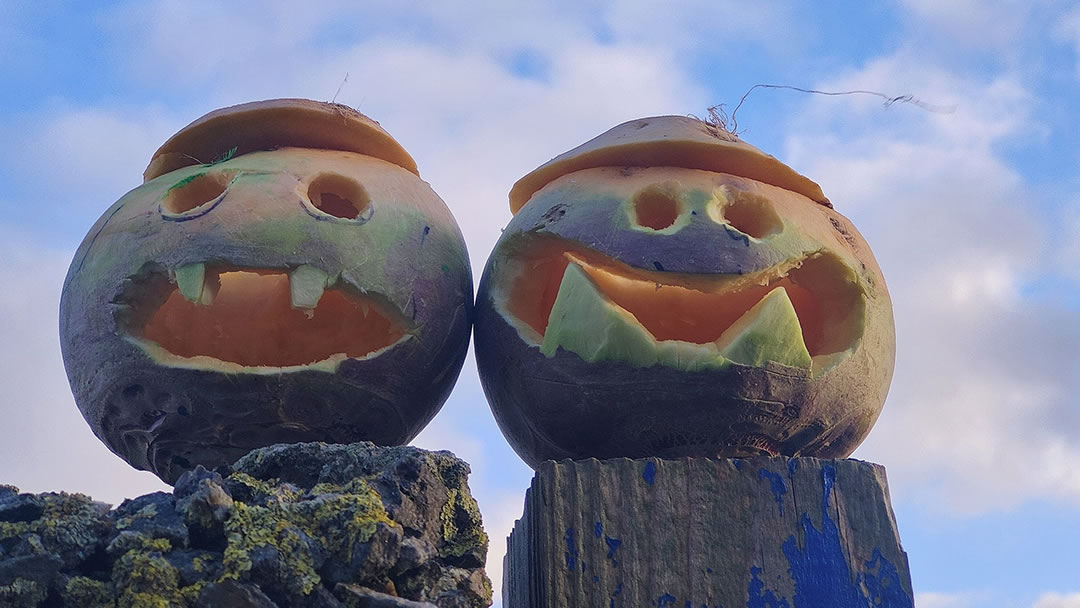
With Hallowe’en approaching we get neeps to carve into lanterns. Traditionally in Shetland, and other parts of Scotland, people would hollow out turnips, carve grotesque faces into them and place a light inside. Guarding houses or carried on journeys, these lanterns were believed to offer protection at a time when the veil between worlds was thought to be at its thinnest.
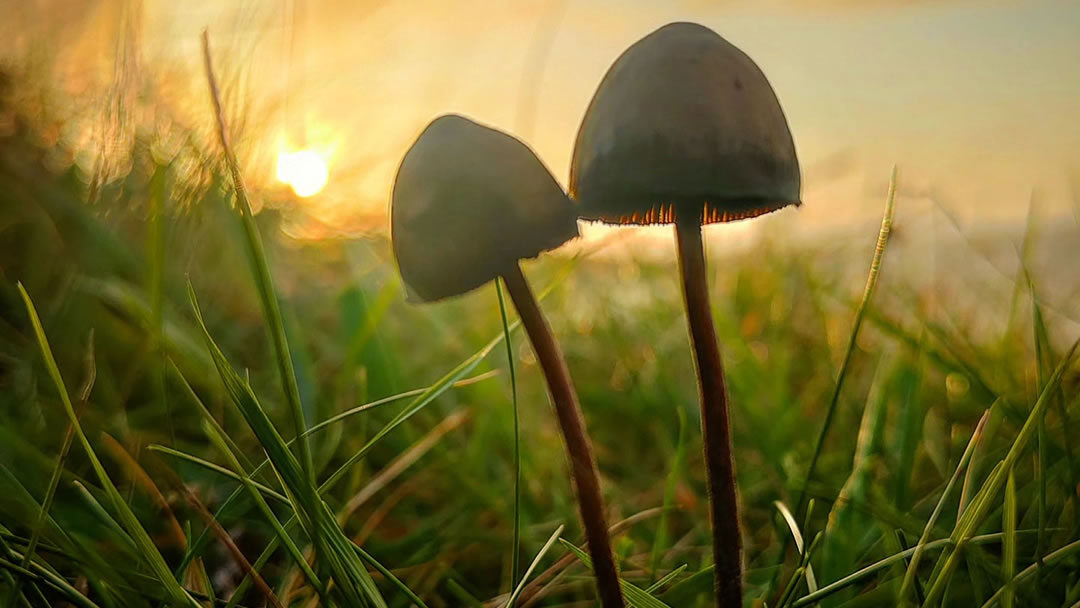
Different regions have their own beliefs about which otherworldly creatures one might encounter at this moment. In Shetland, this is likely to be trows, so as we carve our neeps, I tell the bairns some trowie tales. They are quite familiar with the idea of these small troll-like beings who rumoured to live underground in the hills. These creatures are usually described as mischievous neighbours, who might take items from the house or milk the cow, rather than as a dangerous threat.
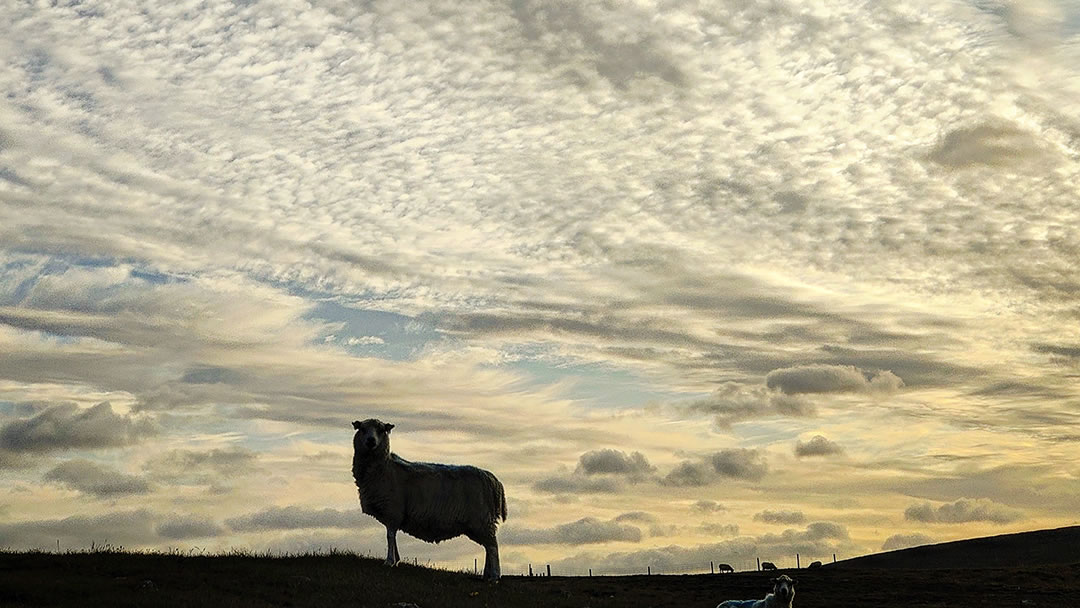
They are said to be captivated by music and many stories involve a human musician walking home over the hill and being asked to play inside a trowie knowe. After a night of merriment, when they return above ground, they find that decades have passed. Trows are particularly bold at Hallowe’en and may take additional liberties. Often folk would leave gifts to appease them and limit the harm they might cause.
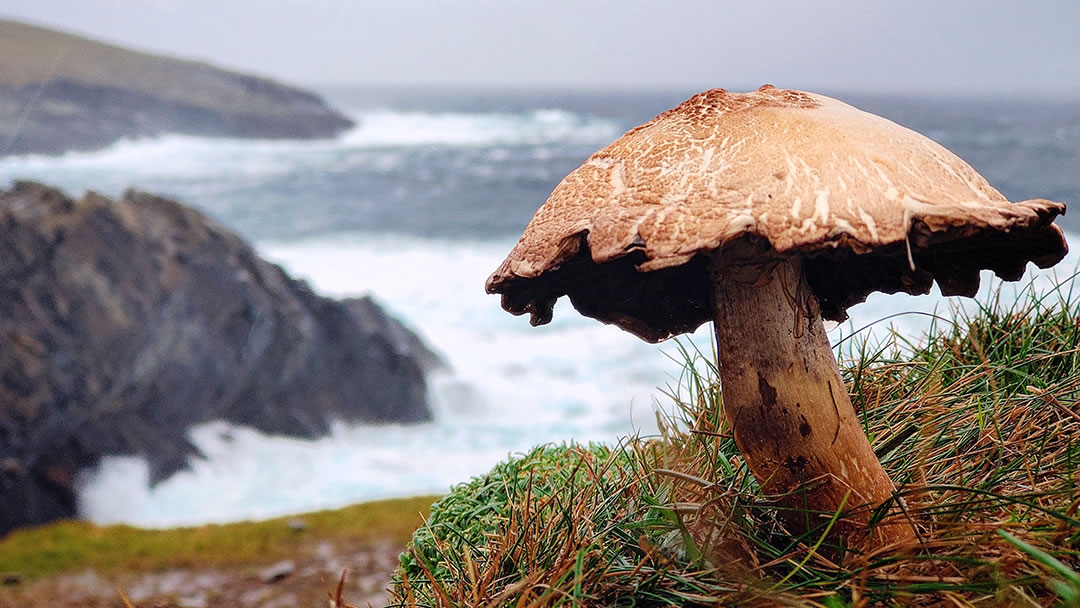
And so, on Hallowe’en night, we will put lanterns by the door and leave a small offering of food for any passing trows. These will be placed by the bird table so if no trows take up the offer, our regular garden visitors get an additional treat.
 By Catherine Munro
By Catherine MunroCatherine Munro is an author and anthropologist living in Shetland. Her work focuses on nature and human-animal relationships in the islands. She loves exploring Shetland with her children and sharing these experiences through her writing.
Pin it!